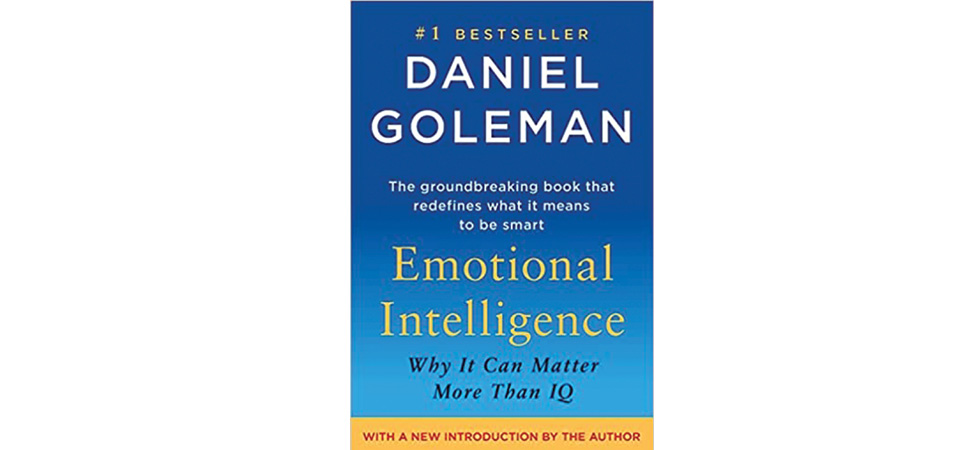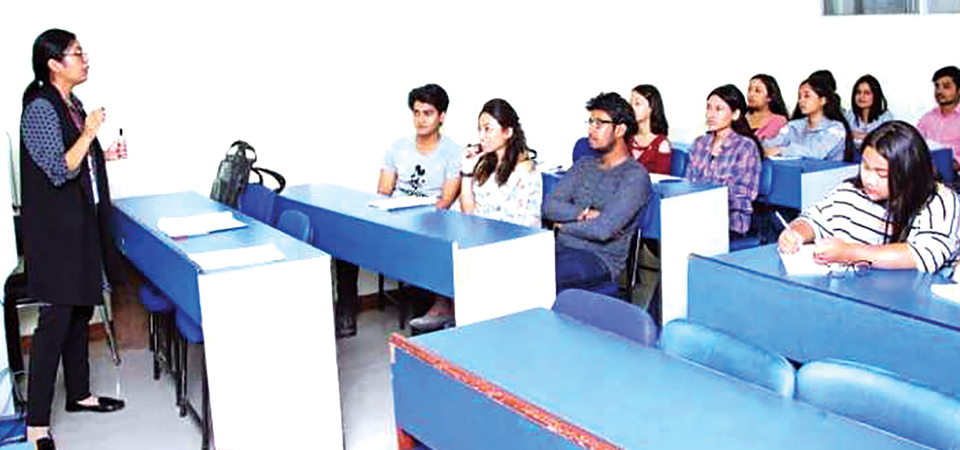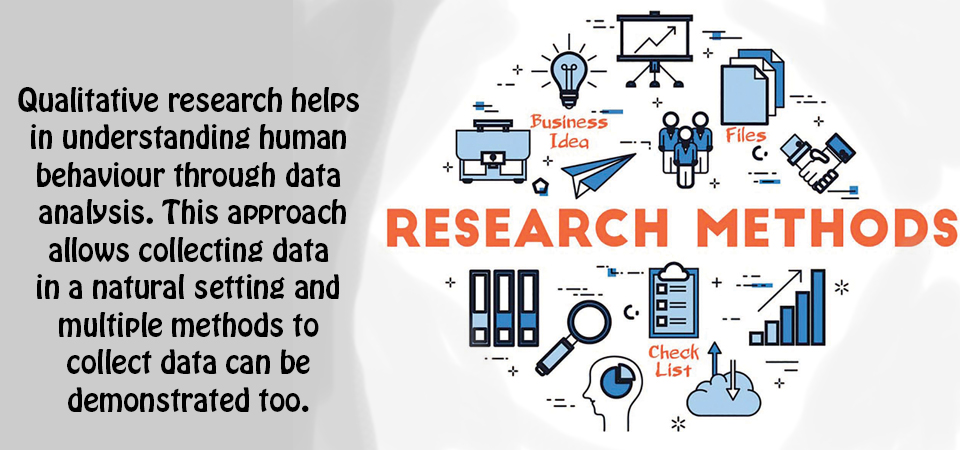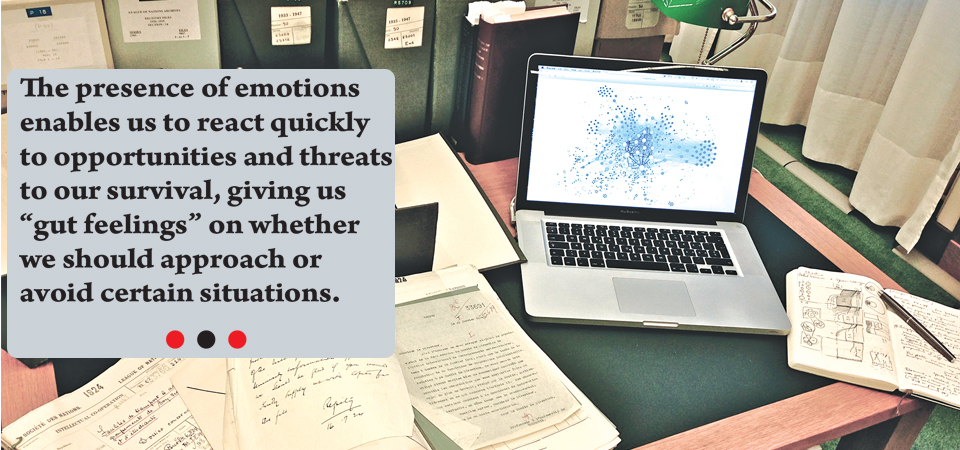On Emotional Intelligence

Pushpa Priya
Students and professors have been actively engaged in the teaching and learning process to achieve certain goals that ensure academic excellence and further professional excellence of the students.
Despite making a good effort in imparting knowledge to the students set up with goal and target, some students cannot get along with the contents and start being distracted; and sometimes some students though understand the contents and score with good grades, they remain unsuccessful in social and professional life. It is predicted that training on emotional intelligence will be increasingly integrated into an education system as it contributes towards the better prospects of students in all-round development ensuring happy and successful life.
It is believed that due to not being able to manage emotions in a positive direction many problems are encountered resulting in failing personal, academic, professional and social life. What makes one unsuccessful despite having a high IQ is a subject of debate. Daniel Goleman's (American Psychologist) contributions to Emotional Intelligence came to the fore when he was working at the New York Times during the 90s. He was inspired by Salovey and Mayer's work on "Social Intelligence" in this period that led to his publication of the best selling Emotional Intelligence: Why It Can Matter More than IQ.
Success With High EQ
The term Emotional Intelligence means the ability that can be trained to cultivate positive emotions to manage thought processes in an organised manner by being aware of our emotions. The book "Emotional Intelligence: Why It Can Matter More than IQ", that is written by Daniel Goleman demonstrates if your EQ is high, you will be successful everywhere since you can build inter-human relationships everywhere and this happens due to a balanced state of emotions.
Through emotional intelligence one can know how to channelize emotions positively and how to train one with an ability to balance emotions and to draw its energy for a useful purpose.
The book emphasises the importance of Emotional Intelligence(EI) presenting five dimensions of EI; they are self-awareness, self-regulation, Internal Motivation, Empathy, Social skills. The purpose of education is to ensure a happy and healthy livelihood, life survival skills, moral values, self-realization, social and empathetic towards others, corruption-free society.
For this, the thought process is important but sometimes thought process cannot able to function in an organised manner due to being dominant by emotions. And therefore training on EI skills is important for what the author thought and he has brought many references in the book too. Through this book, he presented the idea of how children should be educated with emotional intelligence skills. Goleman outlines how to become more emotionally intelligent by first becoming aware of your emotions and then trying to gradually exert control over them.
Daniel Goleman, an American Psychologist, is an author and science journalist of the New York Times; he obtained his doctorate at Harvard University with expertise in brain and behaviour research. There are 16 essays in total clustered in five parts or sections in this book and the author demonstrates EQ is more important than IQ for success, including the academic, professional, social and interpersonal aspects of one's life.
He expands the model of what it means to be intelligent and put emotions at the centre of attitudes for living. IQ is genetic and cannot be changed by life experiences where EI can be taught to children as it can be acquired through learning. Many research evidence shows that the person with a high IQ often struggles while the people with moderate IQ surprisingly attain a level of achievement through success. Emotional Intelligence plays a great role in determining the state to achieve success. It is the ability to be aware of one's own emotions and accepting them, the ability to manage those and being empathetic to handle relationships.
Social intelligence is well interpreted. Each domain of EI is well interpreted and illustrated by ample research evidence and with examples.
Powerful Impact
This book has made a powerful impact on me as I believe emotions should be channelized in a positive way and more meaningful purpose. I have come to understand five dimensions of emotional intelligence for all-round development that help me with understanding myself and others better. However, I find one weakness of the book is the title of the book "Emotional Intelligence Why It Can Matter more than IQ", I think it may prevent some readers from knowing the importance of IQ.
According to Goleman, many educational programmes that are developed to prevent problems of drug abuse, violence, etc; most have been found ineffective. For instance, many schools offer programmes to prevent sexual abuse by providing basic information on good and bad touches, and always encouraging them to tell an adult immediately after a suspicious occurrence; but these have very little to do and can't prevent them from being victimised.
The Emotional Literacy programme has to be introduced and provided to school children, college students and all sections of society so that children can be able to protect themselves as well as abusers can prevent them from such doings. Teaching Emotional Intelligence from the very childhood can meet the education dimensions as students may like to develop skills, knowledge, character and original sanskar or practical values. It can solve the social absurdities too that is prevalent in every society.
In order to have a prosperous nation and corruption-free society, EI plays a great role. Almost all the information in this book is supported by research evidence. The book is very beneficial to all, and I recommend this book to students, teachers, corporate managers, salespeople, caring professionals.
(The writer teaches English at a Kathmandu-based college)
Recent News

Do not make expressions casting dout on election: EC
14 Apr, 2022
CM Bhatta says may New Year 2079 BS inspire positive thinking
14 Apr, 2022
Three new cases, 44 recoveries in 24 hours
14 Apr, 2022
689 climbers of 84 teams so far acquire permits for climbing various peaks this spring season
14 Apr, 2022
How the rising cost of living crisis is impacting Nepal
14 Apr, 2022
US military confirms an interstellar meteor collided with Earth
14 Apr, 2022
Valneva Covid vaccine approved for use in UK
14 Apr, 2022
Chair Prachanda highlights need of unity among Maoist, Communist forces
14 Apr, 2022
Ranbir Kapoor and Alia Bhatt: Bollywood toasts star couple on wedding
14 Apr, 2022
President Bhandari confers decorations (Photo Feature)
14 Apr, 2022










